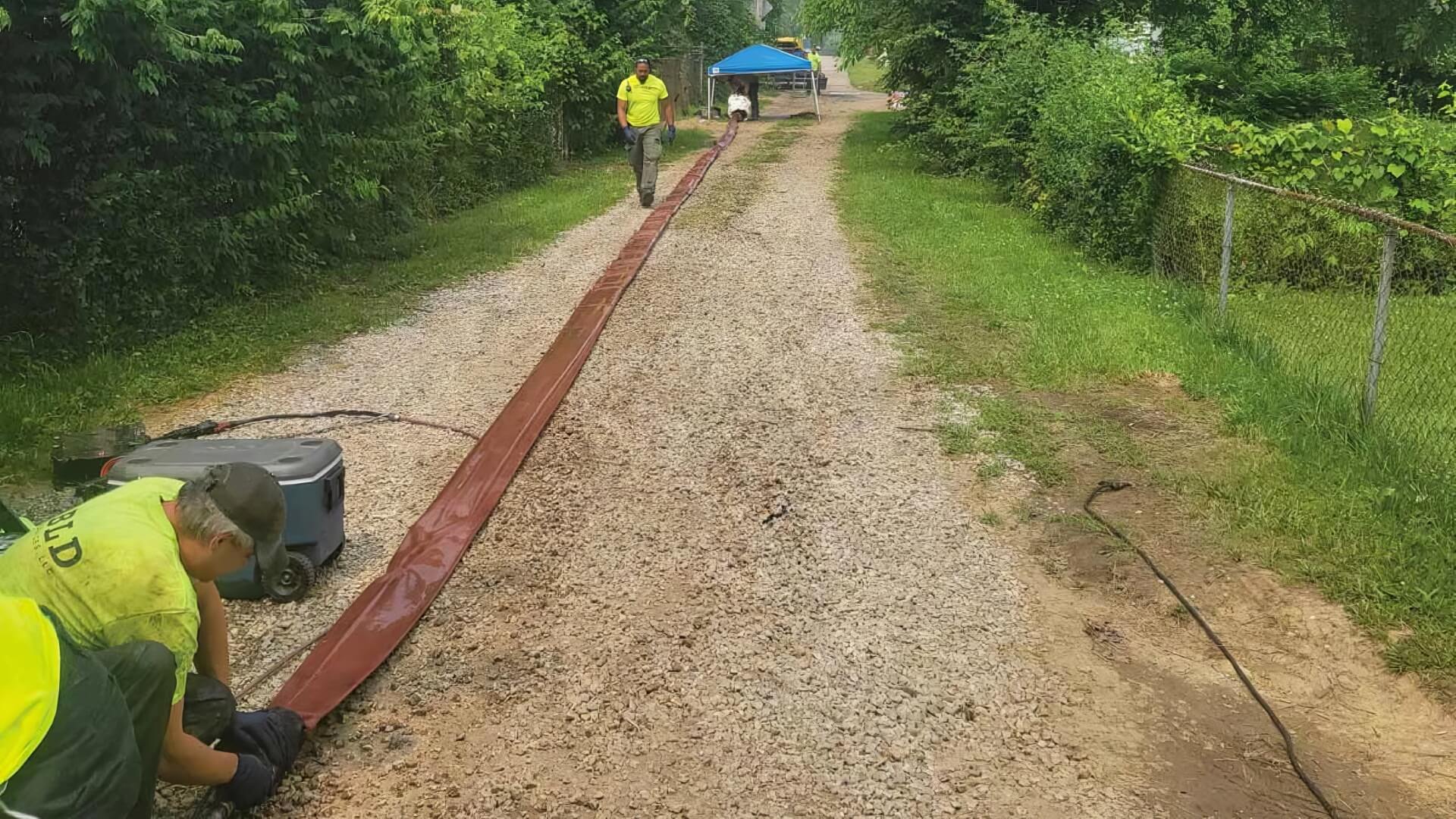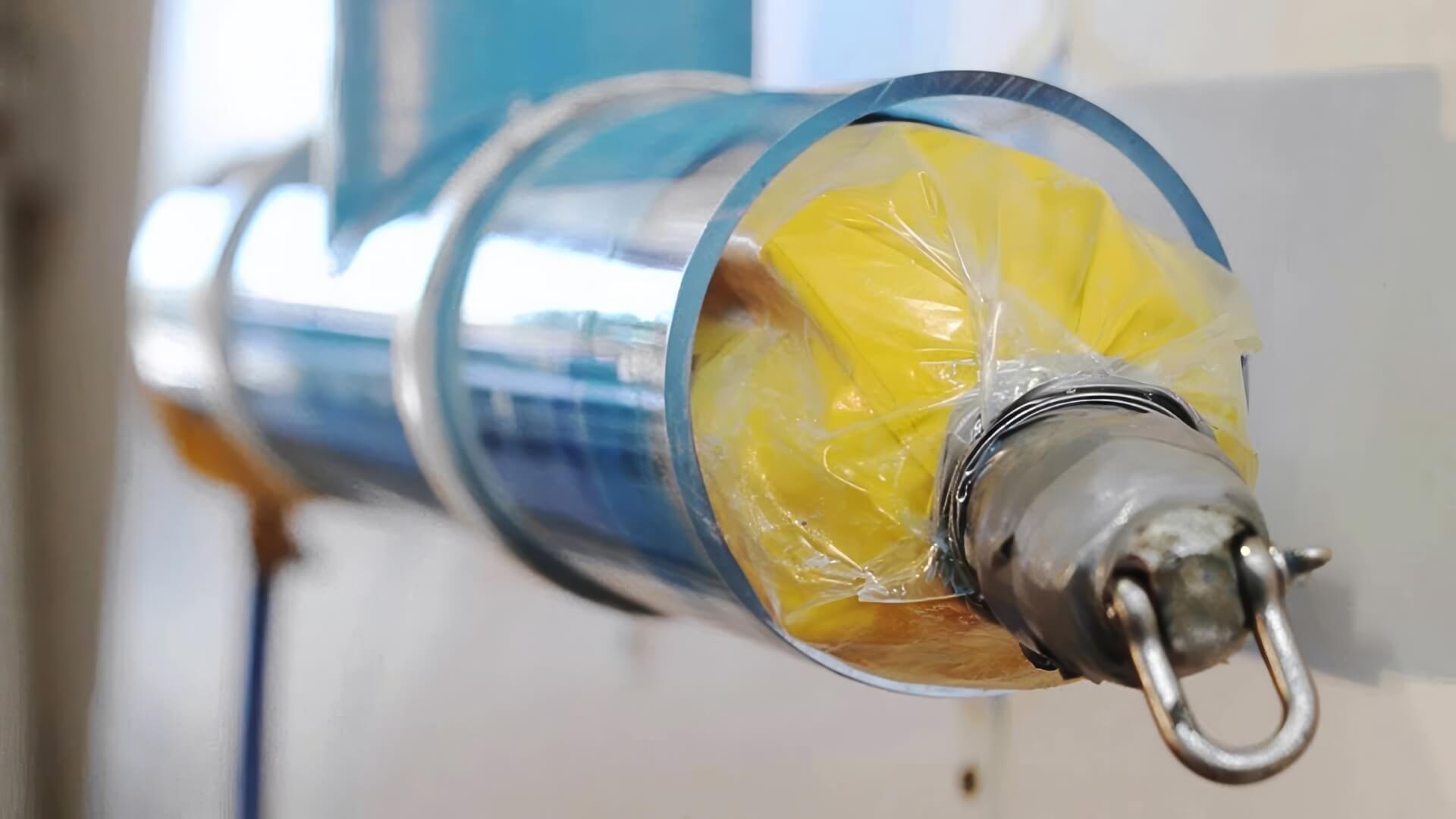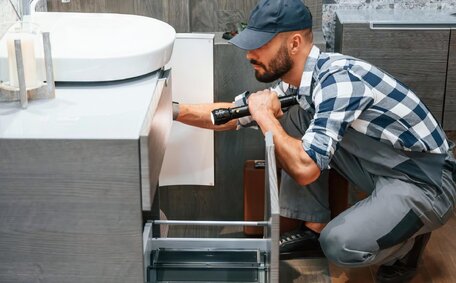Introduction to Natural Gas Conversions
Converting your outdoor BBQ grill from liquid propane gas (LPG) to natural gas offers several potential benefits. Switching to natural gas often saves money over time, due to lower costs per British thermal unit (BTU) compared to propane. Grill natural gas also burns cleaner, producing lower carbon emissions that are better for the environment.
When properly done by a licenced professional, converting your grill’s fuel source is a straightforward process.
As licenced and experienced gas fitters serving Padstow and the greater Sydney area, we have helped many homeowners convert their grills. Whether you want to reduce your refilling costs, help the planet, or simply enjoy the convenience of natural gas, we can assist with your BBQ conversion needs.
Understanding Natural Gas and LPG Differences
Natural gas and gas LPG (liquid petroleum gas, also called propane) have some key differences that impact their usage for BBQ grills.
Per cubic foot, natural gas delivers roughly 1,000 BTUs (British Thermal Units), while propane offers about 2,500 BTUs. Thus, while propane provides more energy, natural gas is still more cost-effective per delivered BTU.
Natural gas is transported through pipelines at approximately 1⁄2 psi (pounds per square inch) of pressure. In contrast, LPG is stored as a liquid in pressurised tanks, vaporising at around 11 psi—almost 20 times the pressure of piped natural gas.
For BBQ enthusiasts, the self-contained and portable nature of LPG tanks contrasts with a steady gas grill natural gas supply. This necessitates periodic replacement or refilling for propane tanks, a constraint not present with a constant home natural gas supply that provides uninterrupted fuel to fixed installations like household BBQ grills.
While propane grills are portable, natural gas grills offer the long-term benefits of convenience and cost savings, eliminating the hassle of tank refills.
Benefits of Converting to Natural Gas
Switching your BBQ grill to convert natural gas offers compelling advantages:
- Natural gas costs less than LPG per delivered BTU, helping you save money over time
- No more propane tank refills or the risk to run out of gas unexpectedly
- Natural gas lines provide a consistent flow that won’t run natural short
- Burns cleaner with lower carbon emissions than propane
- Gas pressure and quality remain consistent, unlike propane tanks
By installing a bbq conversion kit similar to those used in New York apartment complexes, and linking to your home’s natural gas line, you can access the convenience and reliability of piped gas for your BBQ, often at lower long-term cost. And you’ll reduce the environmental impact of your outdoor cooking.
As accredited professionals, we install approved conversion kits tailored to your specific grill make and model. Our experts manage the full installation process, ensuring it meets safety and legal standards. Simply contact Padstow Plumbing to place your order and get started with your natural gas BBQ conversion.
Selecting the Right BBQ Natural Gas Conversion Kit
When selecting a BBQ grill conversion kit to switch from LPG to natural gas, the key considerations are:
- Compatibility - Please check that the kit is designed specifically for your grill make and model. Check manufacturer listings.
- Quality components - Choose kits that boast durable connections, robust brass fittings, and superior gas valve functionality from reputable manufacturers.
- Pressure regulation - Kits must include regulators that lower household natural gas pressure for safe outdoor BBQ usage.
- Ease of installation - Choose simple bolt-on kits that don’t require drilling or complex modifications.
Our experts can advise the best option for your existing grill to ensure your compliance with code ASNZS5601. We only install high-quality conversion kits that meet Australian standards for materials, pressure regulation and compliance certification.
Get in touch with Padstow Plumbing to start your LPG to natural gas BBQ conversion today.
Hiring a Licensed Gas Fitter for Safety
When converting a BBQ grill to use natural gas, it is crucial to hire a licenced and accredited gas fitter. Australian regulations mandate that only qualified gas professionals are authorised to perform this type of conversion and provide a Compliance Certificate.
DIY conversions pose significant risks including gas leaks, explosions, and improper ventilation, jeopardising your safety. Our team of licenced experts follow strict safety procedures, using only approved materials and components. We ensure the correct gas pressure, provide certification, and take legal responsibility for the work conducted.
As your local natural gas specialists, Padstow Plumbing handles the entire conversion safely and legally. We supply and install quality conversion kits tailored to your existing BBQ model and handle the do conversion with proper compliance paperwork after testing. For your safety and peace of mind, trust only qualified gas fitters like Padstow Plumbing for your natural gas BBQ installation.
Step-by-Step Guide for Converting a BBQ to Natural Gas
- Turn off the gas line and disconnect the LPG gas tank from the gas grill to prepare for installation.
- Select an appropriate conversion kit that is compatible with your BBQ grill make and model and ensure it includes quality brass fittings, regulators, hoses and valves.
- Remove the existing gas burner components from the grill according to the kit instructions. This usually involves unscrewing a few bolts.
- Attach the new natural gas orifice hoods, fittings and control valves from the kit using the supplied hardware.
- Fasten the stainless steel flex hose from the kit to the grills control valve inlet.
- Securely connect the kits CASA-approved regulator to the hoses other end and ensure proper gas flow direction.
- Link the regulator outlet to your homes natural gas supply line using the appropriate fittings.
- Test for gas leaks by applying soapy water to all connections and joints. Fix any leaks detected before proceeding.
- Restore gas supply and test ignition at applicable grill burners for successful conversion.
Subscribe to our newsletter for updates and connect with us on 1300 349 338.
Testing for Gas Leaks After Conversion
After completing the BBQ grill’s conversion to natural gas, it is crucial to test for potential gas leaks before use. This ensures any loose fittings or faulty connections are detected and fixed, preventing dangerous gas leakage.
For ensuring safety, we recommend the following procedure to test for leaks:
- Prepare a soap solution by combining dishwashing detergent with water.
- Turn on the gas and liberally apply the soapy solution with a brush or spray bottle to all joints and seams of the installed conversion kit components.
- Closely inspect these areas for 1-2 minutes, watching for expanding bubbles that signal escaping gas at leak points.
- If leaks are present, you can take action, turn off the gas supply and tighten any loose fittings. Soak up excess gas from problem areas then reapply soapy solution to retest after tightening.
- If leaks persist, turn off the gas supply and call Padstow Plumbing immediately on 1300 349 338 for professional repair.
Never use a BBQ with suspected gas leaks, as this poses serious explosion and poisoning risks. Our licenced technicians can promptly pinpoint and fix any installation issues for your safety and compliance.
Maintaining Your Natural Gas BBQ Grill
Proper maintenance of your natural gas BBQ grill warrants optimal performance and enduring safety post-conversion.
Schedule annual maintenance checks with Padstow Plumbing to maintain safe and efficient operation of your BBQ:
- Inspect all burner built-in connections, fittings, hoses and valves for wear, leaks or damage. Fix any issues immediately.
- Ensure burner builtin are clear from grease and free from obstructions. Clean thoroughly if required.
- Confirm the gas regulator and control valves are working correctly to provide proper gas flow and pressure.
- Test all grill ignition systems and burners for good flames. Adjust or replace components if problems occur.
- Verify correct ventilation for the BBQ area. Clear any debris from ventilation openings.
- Reapply soapy leak detection solution to all gas fittings and seals. Fix any leaks before use.
Don’t wait for problems to occur - prevent them with proactive maintenance from our licenced technicians. We service all brands and models, keeping your natural gas BBQ running safely all year-round.
Contact Padstow Plumbing today on 1300 349 338 to book your maintenance appointment!
Frequently Asked Questions
How much does a natural gas BBQ conversion cost?
Converting to a natural BBQ typically costs between $150 - $300, contingent on your grill model. Including installation by a licenced technician at $250 - $350, the total for parts and labor amounts to $400 - $650.
How long does the conversion process take?
If using a qualified gas fitter like Padstow Plumbing, expect 1-2 hours including installation and leak testing. The conversion itself takes 30-60 minutes, with extra time needed for safety checks.
Is a natural gas BBQ better for the environment?
Yes, natural gas burns cleaner than LPG, producing around 20% less carbon emissions per BTU. Eliminating portable LPG tanks also reduces associated production and distribution impacts.






